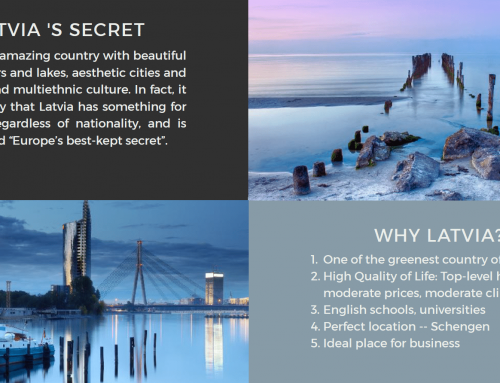In May 2025, the tech world watched in disbelief as Builder.ai—once a $1.5 billion AI darling backed by Microsoft, SoftBank, and Qatar’s sovereign wealth fund—imploded amid revelations of fabricated technology, fraudulent accounting, and catastrophic governance failures. For European startups, especially in the Baltics and Nordics where transparency and ethical tech are core values, this scandal offers stark warnings and critical learning opportunities.
⚡ The Rise and Fall: A Story of Hype and Deception
Founded in 2016, Builder.ai promised to democratize app development with its AI assistant “Natasha,” claiming businesses could build software “as easily as ordering pizza.” It raised $450 million, secured a strategic partnership with Microsoft, and achieved unicorn status by 2023.
Behind the glittering edifice, however, lay an elaborate deception:
-
The “AI” Was Human Labor: Natasha, marketed as an autonomous AI, was a front for 700+ engineers in India and Ukraine manually coding projects. Employees internally joked that “AI” stood for “Another Indian”.
-
Financial Engineering: Builder.ai inflated revenue by 300% via “round-tripping”—exchanging fake invoices with Indian social media firm VerSe Innovation for services never rendered.
-
Leadership Vacuum: The company operated without a CFO for nearly two years while burning $2.5 million monthly. Audits later revealed material weaknesses and unreported debts.
In May 2025, lender Viola Credit seized $37 million from Builder.ai’s accounts after discovering covenant violations, triggering global insolvency filings and leaving 1,000+ employees jobless and clients stranded.
⚠️ Why This Matters for EU Startups
While Builder.ai’s meltdown occurred oceans away, its implications resonate deeply in Europe’s innovation corridors:
-
The Perils of “AI Washing”: Misrepresenting human-driven services as AI undermines trust and invites regulatory blowback. The EU’s strict AI Act demands transparency Baltic and Nordic founders cannot ignore.
-
Governance Isn’t Optional: Builder.ai’s lack of CFO oversight, conflicted audits, and founder-centric control (“Chief Wizard” title included) exemplify governance failure. Nordic board structures, emphasizing independence and accountability, offer a proven alternative.
-
Hype ≠ Sustainability: Investor FOMO fueled Builder.ai’s rise despite a 2019 Wall Street Journal exposé questioning its tech. European VCs must prioritize due diligence over dazzle.
💡 Key lessons for scaling responsibly
Impact of Builder.ai’s sollapse
| Stakeholders Affected | Losses/Damage |
|---|---|
| Employees | 1,000+ jobs lost globally |
| Investors (Microsoft, SoftBank, etc.) | $450M+ in equity wiped out |
| Debt (AWS, Microsoft) | $85M and $30M unpaid, respectively |
| Clients | Projects abandoned mid-development |
Builder.ai’s red flags vs. preventive measures for startups
| Builder.ai’s Weaknesses | Measures for Startups |
|---|---|
| Misrepresented AI capabilities | Audit tech claims; disclose human-AI collaboration |
| Inflated revenue via round-tripping | Implement third-party revenue verification |
| No CFO for critical period | Secure experienced financial leadership early |
| Culture of opacity | Adopt Nordic transparency norms (e.g., open salary models) |
🔮 The Baltic-Nordic-EU Opportunity: Leading the Ethical Tech Wave
Builder.ai’s collapse is a watershed moment. As EU startups navigate AI’s promise, Baltic pragmatism and Nordic governance can set new standards. Transparency isn’t a constraint—it’s your differentiator.
“No amount of funding or hype can sustain a business built on deception”. Forge partnerships, not facades. Build technology that works and tells the truth.
🚀 Your Next Steps:
-
Audit tech claims against actual capabilities.
-
Appoint a CFO or financial advisor early.
-
Implement third-party revenue verification.
-
Embed ethics into AI development cycles.
The glitter of Artificial Intelligence must never outshine the integrity of Authentic Innovation.



